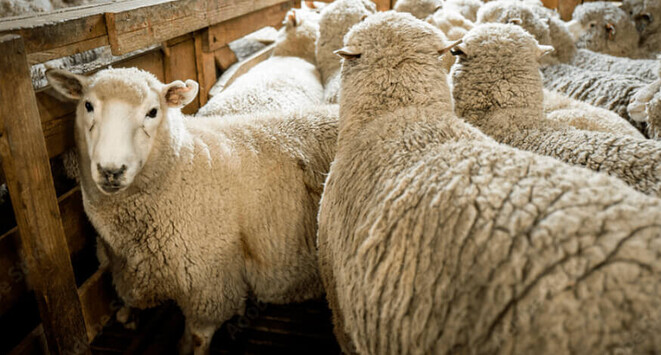Sounds a bit like cob loaf but I assure you, it's not quite as tasty.
For a lot of farmers, this disease is unheard of; but this annoying bit of pus can be costing more than you think.
What is Cheesy Gland?
Cheesy Gland is a bacterial infection caused by Corynebacterium pseudotuberculosis. This bacterium causes abscesses in lymph nodes and internal organs, mainly the lungs.
How do I know we have a Cheesy Gland problem on-farm?
A problem may exist on farms when shearers report more abscesses than usual, carcasses are being trimmed or condemned (the works often write “lympho” on kill sheets which refer to this disease), wool is being degraded, or there is unexplained ill thrift and/or poor reproductive performance.
How do we treat Cheesy Gland?
There is no treatment for the disease and the bacteria can survive for months in the environment. The infection is spread primarily at shearing time when sheep are close together and abscesses burst.
Transmission to humans is rare but can occur when pus contacts someone who has cuts in their skin. Shearers are the most at risk and won’t appreciate puss fingers after a day in the shed.
If a farm has an issue with Cheesy Gland there are many ways to control the infection. Shearing is the main time for the spread of disease so having good hygiene and management at shearing is important. Vaccination is also an option and is effective for both prevention and control of disease, there is an Ultravac product that has Cheesy Gland protection included along with the other main clostridial infections. Lambs need to be vaccinated twice before their first shear. So this year, treat yourself to a cob loaf and not a Cheesy Gland.
Some helpful tips include:
- Disinfect all shearing equipment before starting to shear, and disinfect any contaminated shearing equipment immediately.
- Shear affected animals last and shear from youngest to oldest; older animals are more likely to be infected.
- Release sheep from yards as quickly as possible.
- Avoid wet dipping off shears.
- Animals with recurrent abscesses should be culled from the flock/herd.
Talk to your local VetSouth team to organise your vaccination plan too.

